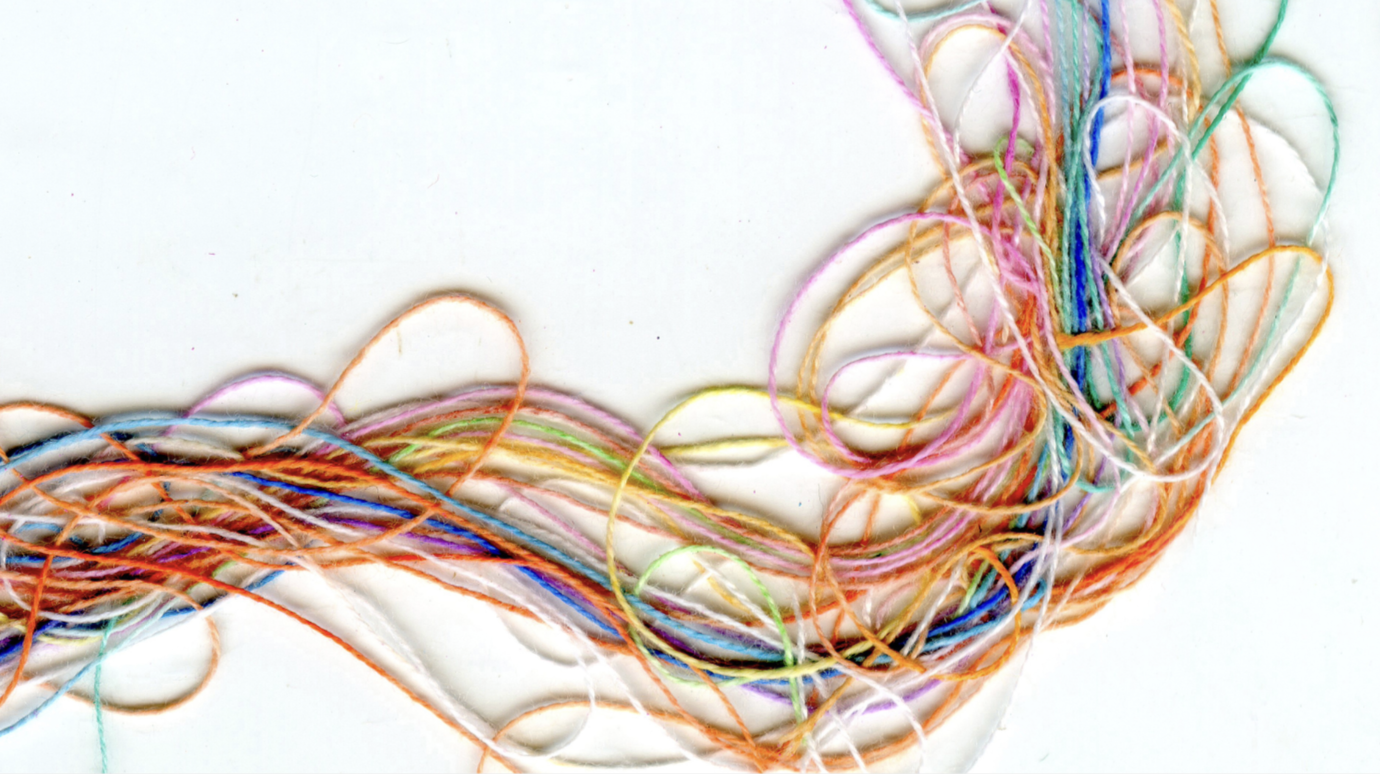When people see me, their first impression is often that of an Asian girl. And they’re not entirely wrong – looks can indeed be deceiving. But the truth is far more nuanced: I am a Korean Brazilian girl, a product of two rich and vibrant cultures. What’s more, I navigate these cultures and more through the prism of language, speaking English, Portuguese, Korean, and Spanish fluently.
This linguistic diversity isn’t just a matter of convenience or skill; it’s deeply intertwined with how I perceive the world around me. It brings to mind the Sapir-Whorf hypothesis, a theory suggesting that the structure of a language shapes its speakers' worldview and cognition. This means that the language we speak can influence how we perceive objects, events, and even ourselves.
Take, for instance, the grammatical gender present in languages like Spanish or French. Nouns are assigned either masculine or feminine gender, and this linguistic feature can subtly influence speakers' perceptions of the objects these nouns represent. While my college professor may have had reservations about the extent of this influence, I've observed its effects firsthand. In Korean, for instance, there’s a clear distinction between formal and informal language, which dictates how we interact with others. But beyond language, culture plays a significant role in shaping our perceptions and behaviors.
For me, each language I speak is not just a tool for communication but also a gateway to a different facet of my identity. When I switch to Portuguese, I embody a more outgoing and warm persona, reflecting the lively culture of Brazil. Growing up in a Korean household, however, instilled in me a sense of formality and respect, characteristics that define my Korean persona. These cultural nuances are not just linguistic quirks but deeply ingrained aspects of who I am.
Language, then, serves as a mirror reflecting the complexity of our identities. It shapes not only our individual personalities but also our collective perceptions as a society. Embracing this complexity has been a journey fraught with challenges, especially as someone who straddles multiple cultural identities. There have been moments of uncertainty and self-doubt, times when I felt like I didn’t fully belong to either of my cultures.
But over time, I’ve come to realize that my unique blend of cultures and languages is not a source of conflict but a point of pride. I am not just Korean or Brazilian; I am both, and so much more. Embracing this complexity has allowed me to see the world through a kaleidoscope of perspectives, each one adding a unique hue to the tapestry of my identity.
In the end, language is not just a means of communication but a reflection of who we are. It shapes how we see the world and how the world sees us. And for someone like me, whose identity is rooted in the intersection of multiple cultures and languages, it is a reminder that diversity is not something to be feared but celebrated. After all, it is our differences that make us truly colorful.



